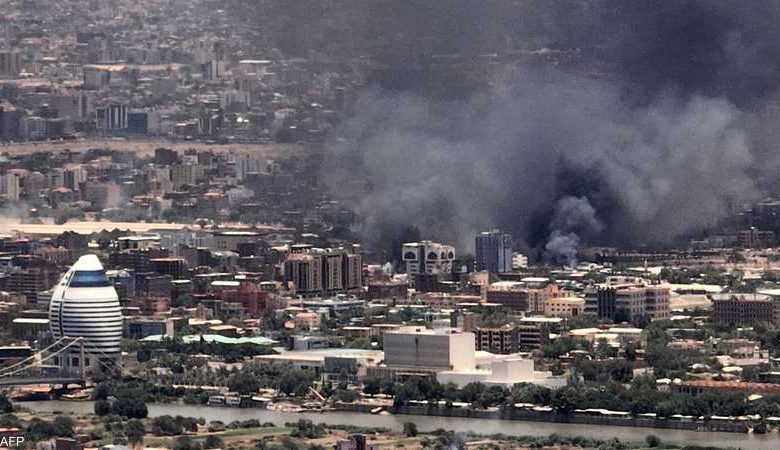Strategic Planning Restoration Opinion for War-destroyed

Report by Nahid Oshi
The war that broke out in Sudan on the 15th of April last year and affected all productive and service sectors, even if it lasts for a long time, must put an end to its flames and extinguish its flames. However, rebuilding what was destroyed by the war requires developing a strategic plan to build and revive again.
Psychological Reconstruction
The strategic expert, Prof. Mohammed Hassan Abu Saleh, says, “We first need psychological reconstruction, then material reconstruction, because what the citizen in Khartoum faced during the war in terms of bitterness, violation of sanctities, looting, and plunder is beyond the limit of endurance. Therefore, we need to calm the souls, spread hope, and unify patriotic sentiments, while preparing a stage that is devoid of hate until we move towards the future.
And then rebuilding with a strategic understanding so that we do not repeat the correct construction and reconstruction in the wrong place.
Reconstruction Balance
He said that it is unacceptable for us to rebuild industries and build the industrial city in Khartoum State as it was previously. Rather, reconstruction must be done in a manner that creates a balance in all states. The damage that occurred in Khartoum must be addressed, those affected must be compensated, and the infrastructure must be rehabilitated (Khartoum Airport, Al-Jaili Refinery). However, the step of restarting factories and others must be done fairly in all parts of Sudan, and maintenance of existing facilities and construction of others in the states can be carried out in a scientific manner and with a strategic vision that can reposition the states as productive centers of preference, provided that reconstruction is carried out according to strategic planning. This requires the transfer of some activities from Khartoum to the states. For example, the city of leather is better to be established in the state of Kordofan, where livestock and oil factories are located in Gadarif. The map must be formed first before reconstruction.
Reparations
Abu Saleh said that due to the intensity of violations, crimes, and damages that have befallen the Sudanese economy, companies, factories, communications, and others, the Sudanese judiciary will be unable to decide on all these cases because they may reach more than 3 million cases. Therefore, the matter requires a comprehensive vision, so we need to establish a commission for reparation and compensation, because part of it requires international compensation as a result of some foreign interventions, and part of our compensation will be from the government as a result of governmental errors, and part of the humanitarian compensation will be made from inside or outside the country.
Modern Sudan
The Director of the Gang Academy for Training and Knowledge, Dr. Tariq Tawer, noted the necessity of working to restore a modern Sudan at the hands of a system of experts from all sectors and working according to a clear methodology for strategic planning to develop a strategic vision for a period of (50) years.
He pointed to the importance of statistics and said that the last population census for Sudan was in the year 2010 in light of the changes that occurred, so a new population census and a census of all resources must be conducted, with each sector working on developing strategic visions that do not exceed six months, and that the five states (Greater Kordofan, Greater Darfur, Northern, Central and Eastern Regions) be restored with the dissolution of all previous unions, parties, and laws, and the maintenance of new laws with clear and systematic standards, with a law determining how Sudan is governed. He said, “We need sovereignty, an independent judiciary, and a single army with its own entity.”
Founding stage
Pointing out the necessity of distributing services to the states, each state has its own preferential advantage and resources, then exports, and allocating 20% of each state to the capital, Khartoum, as a state sovereignty, and the rest of the 80% is allocated to the state.
He added that we need a foundational phase lasting five years, not a transitional one. During that phase, services will be restored, including roads and bridges, attention will be given to agriculture, and the renaissance of industry and trade, and then exports. The stage of self-sufficiency must be reached in Sudan.
“We must focus on the agricultural, industrial and mining sector.” He underlined.



